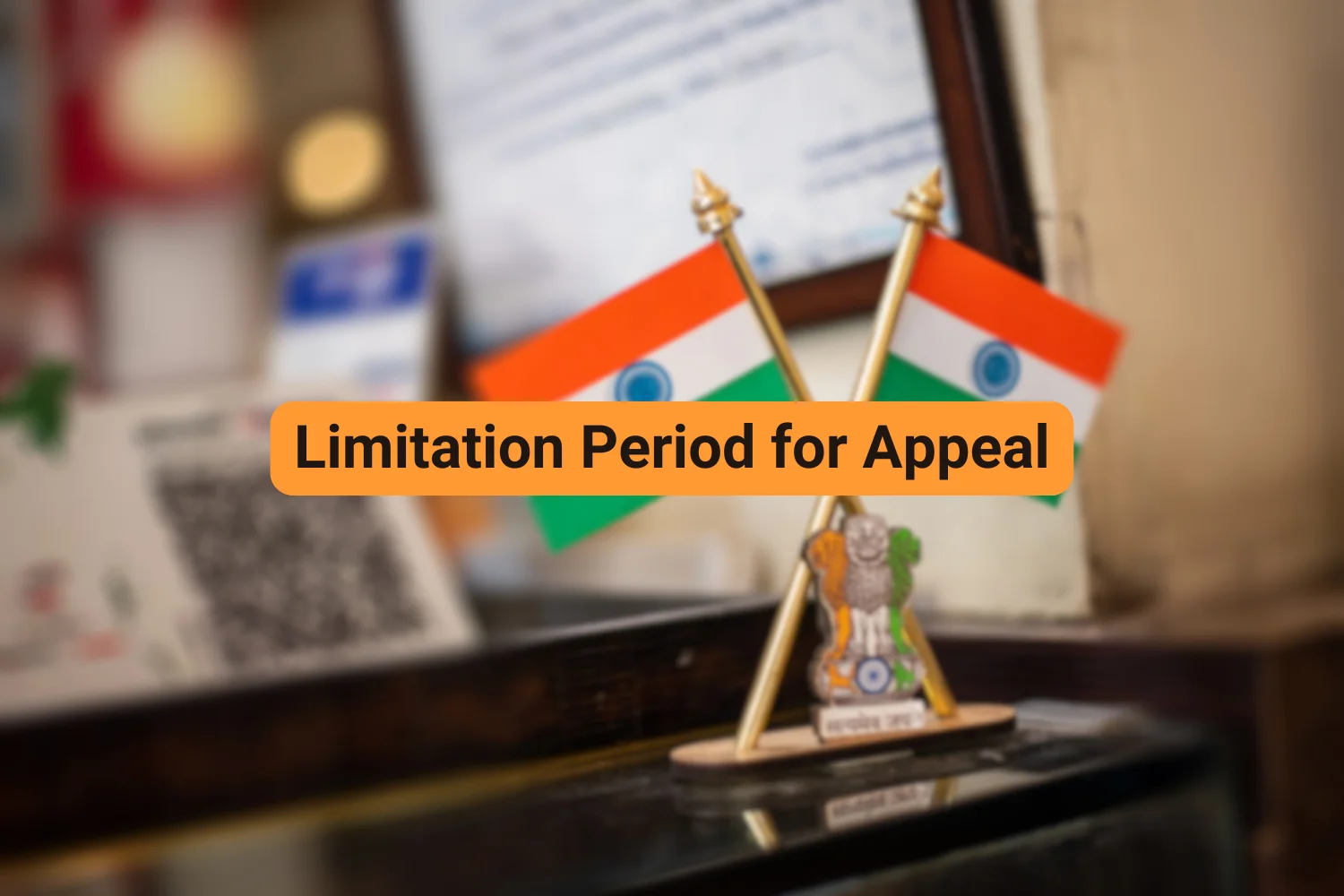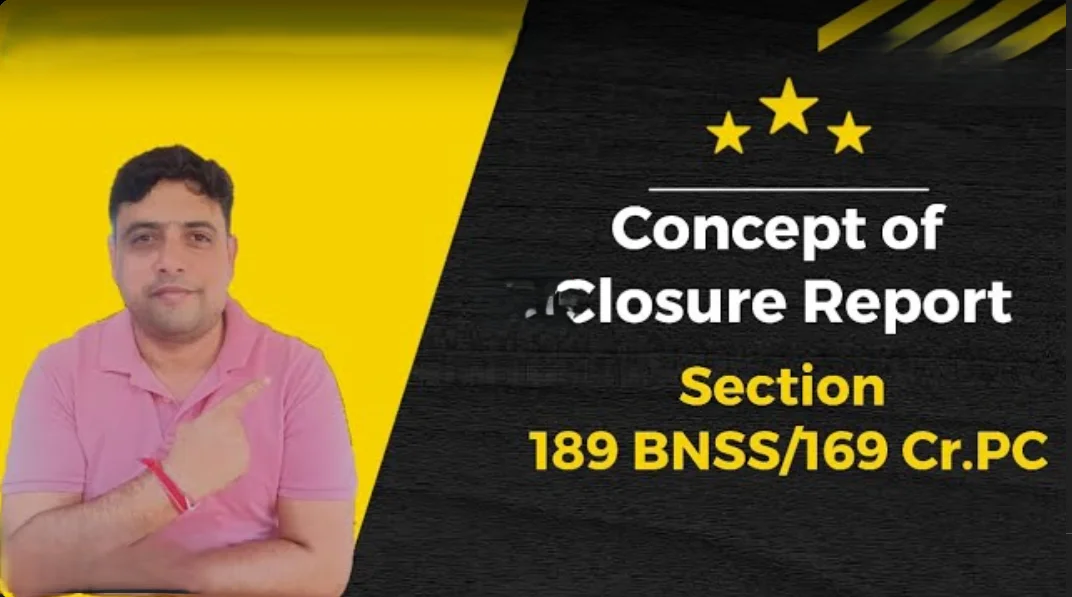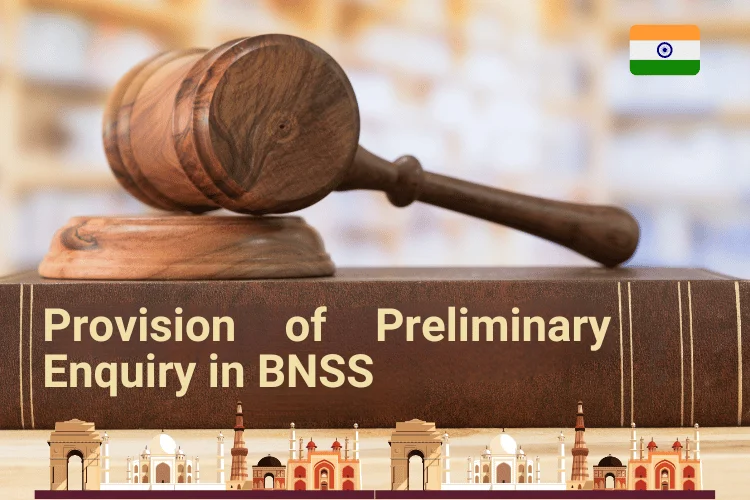APPEALS AGAINST ARBITRAL AWARDS
INTRODUCTION
The arbitral award is considered final and binding, with no direct appeal mechanism. However, the Act provides various provisions that enable parties to approach the Court for specific relief. Notably, any order issued by the Court in this regard is appealable, offering a crucial avenue for parties to challenge or contest the decision. This appealability of court orders provides an essential safeguard, ensuring that the arbitration process remains fair, transparent, and accountable.
APPEALABLE ORDERS ISSUED BY THE COURT [SECTION 37]
According to Section 37 of the Arbitration and Conciliation Act, 1996, the following orders issued by the Court are appealable:
- Orders refusing to refer parties to arbitration under Section 8
- Orders granting or refusing to grant interim measures under Section 9
- Orders setting aside or refusing to set aside an arbitral award under Section 34.
These orders are appealable notwithstanding any other law in force. This means that parties have the right to challenge these specific orders in a higher court, providing a crucial check and balance in the arbitration process.
Case Laws
Punjab State Civil Supplies Corporation Ltd. v Ramesh Kumar and Co. 2021 , In this case the Supreme Court made a significant clarification regarding the scope of the High Court's jurisdiction while hearing appeals under Section 37 against orders passed under Section 34.
The Court held that the High Court's power in such cases is distinct from that of a First Appellate Court in a civil suit. Specifically, the High Court's role is limited to examining the validity of the order under Section 34 and determining whether the arbitral award should be set aside or not.
Crucially, the Court emphasized that the High Court cannot go beyond this scope and decree a claim or enter into the merits of the dispute. This clarification helps maintain the boundaries of judicial intervention in arbitration matters and upholds the integrity of the arbitration process.
State of Chhattisgarh v Sal Udyog Private Limited 2021, In this case the Supreme Court made a significant ruling regarding the scope of appeals under Section 37 of the Arbitration and Conciliation Act, 1996.
The Court held that a party is not precluded from raising a new ground of challenge in an appeal under Section 37. Specifically, the Court ruled that the ground of "patent illegality" can be raised for the first time in appeal, and is equally available under Section 37 of the Act.
This ruling provides parties with greater flexibility and opportunities to challenge arbitral awards, even if they had not raised certain grounds earlier. It also clarifies that the courts can consider new arguments and grounds in appeals under Section 37, allowing for a more comprehensive review of the arbitral award.
THE COURT WHERE APPEAL SHALL LIE:
Such appeal shall be filed before the higher Court authorised by law to hear appeals from original decrees of the Court passing the order.
Example: Where the order is passed by the High Court then appeal under Section shall lie to the Supreme Court of India.
Example: Where the order is passed by the District Court then appeal under Section shall lie to the High Court of India.
Case Law
Union of India v Varindera Constructions Ltd. and N.V. International v State of Assam 2020, In this cases the Supreme Court held that an appeal under Section 37 of the Arbitration and Conciliation Act, 1996, cannot be filed after 120 days from the decision of the court under Section 34. Moreover, the Court ruled that no condonation of delay is permissible beyond this 120-day period.
This ruling established a strict timeline for filing appeals under Section 37, and emphasized the importance of adhering to this deadline. As the Supreme Court's decisions are binding on all lower courts in India under Article 141 of the Constitution, this ruling was followed by almost all High Courts, ensuring consistency and uniformity in the application of this legal principle.
APPEALABLE ORDER OF THE ARBITRAL TRIBUNAL [SECTION 37(2)]
Section 37(2) of the Arbitration and Conciliation Act, 1996, provides that an appeal can be made to a court from an order of the arbitral tribunal in the following cases:
- Accepting the plea referred to in sections 16(2) & (3), which deals with the arbitral tribunal's power to rule on its own jurisdiction.
- Granting or refusing to grant an interim measure under section 17, which relates to interim measures ordered by the arbitral tribunal.
Section 37(3) further clarifies that no second appeal shall lie from an order passed in the first appeal under this section. However, this section does not affect or take away any right to appeal to the Supreme Court, providing a final recourse for parties seeking to challenge decisions.
Section 37(2) of the Arbitration and Conciliation Act, 1996, provides that an appeal can be made to a court from an order of the arbitral tribunal in the following cases:
CONCLUSION
An appeal can be filed under Section 37 of the Arbitration and Conciliation Act, 1996, against three specific orders: (1) an order refusing to refer parties to arbitration under Section 8, (2) an order granting or refusing to grant interim measures under Section 9, and (3) an order setting aside or refusing to set aside an arbitral award under Section 34. Unlike Section 34, which has a prescribed time limit of three months plus 30 days, Section 37 does not specify a time limit for filing an appeal. However, the Limitation Act, 1963, applies to arbitrations, and accordingly, appeals under Section 37 must be filed within 90 days (if from any other court to a High Court) or 30 days (if an intra-High Court appeal), as per Articles 116 and 117 of the Limitation Act, 1963. Additionally, Section 13(1A) of the Commercial Courts Act, 2015, prescribes a limitation period of 60 days for appeals under Section 37 of the Arbitration Act.
"Empowering your legal journey, one resource at a time. Welcome to Vidhoon, your trusted hub for
comprehensive law notes, practical guidance, and expert support.
Explore, learn, and succeed with us!

















